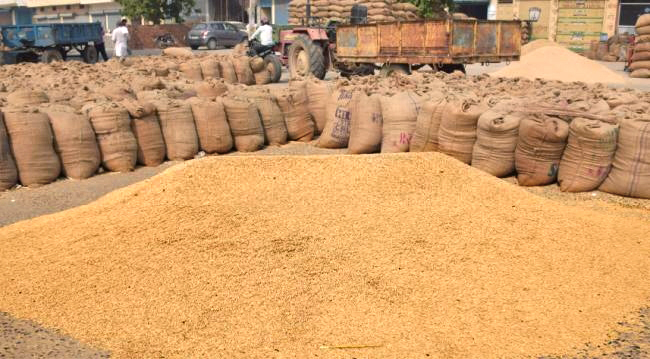New Delhi: The Centre’s Minimum Support Price results in overproduction of farm produce and limited demand for imports besides distorting market prices of the produce and planting decisions among the farming community, said United States Trade Representative’s 2022 National Trade Estimate Report on Foreign Trade Barriers (NTE Report).
The report provided a comprehensive review of significant foreign barriers to the US exports of goods and services.
Besides MSP, India provides a broad range of assistance to its large agricultural sector, including credit subsidies, debt waivers, crop insurance, and subsidies for inputs (such as fertilizer, fuel, electricity, and seeds) at both the central government and State government levels.
These subsidies, which are of substantial cost to the government, lower the cost of production for India’s producers and have the potential to distort the market in which imported products compete, it added.
Producers of 25 agricultural products benefit from the government’s Minimum Support Price (MSP) scheme, which helps ensure that farmers receive minimum prices that are announced before the planting season, the report said.
Rice and wheat account for the largest share of products procured under the MSP program and are typically distributed through the government public distribution system.
“In addition, in certain years and for specific products, states have provided additional incentives in the form of ‘bonuses’ above the MSPs announced by the Government of India,” the report said.
Also, the Indian government procures pulses and oilseeds when market prices typically fall below the MSP, it added.
IANS






































